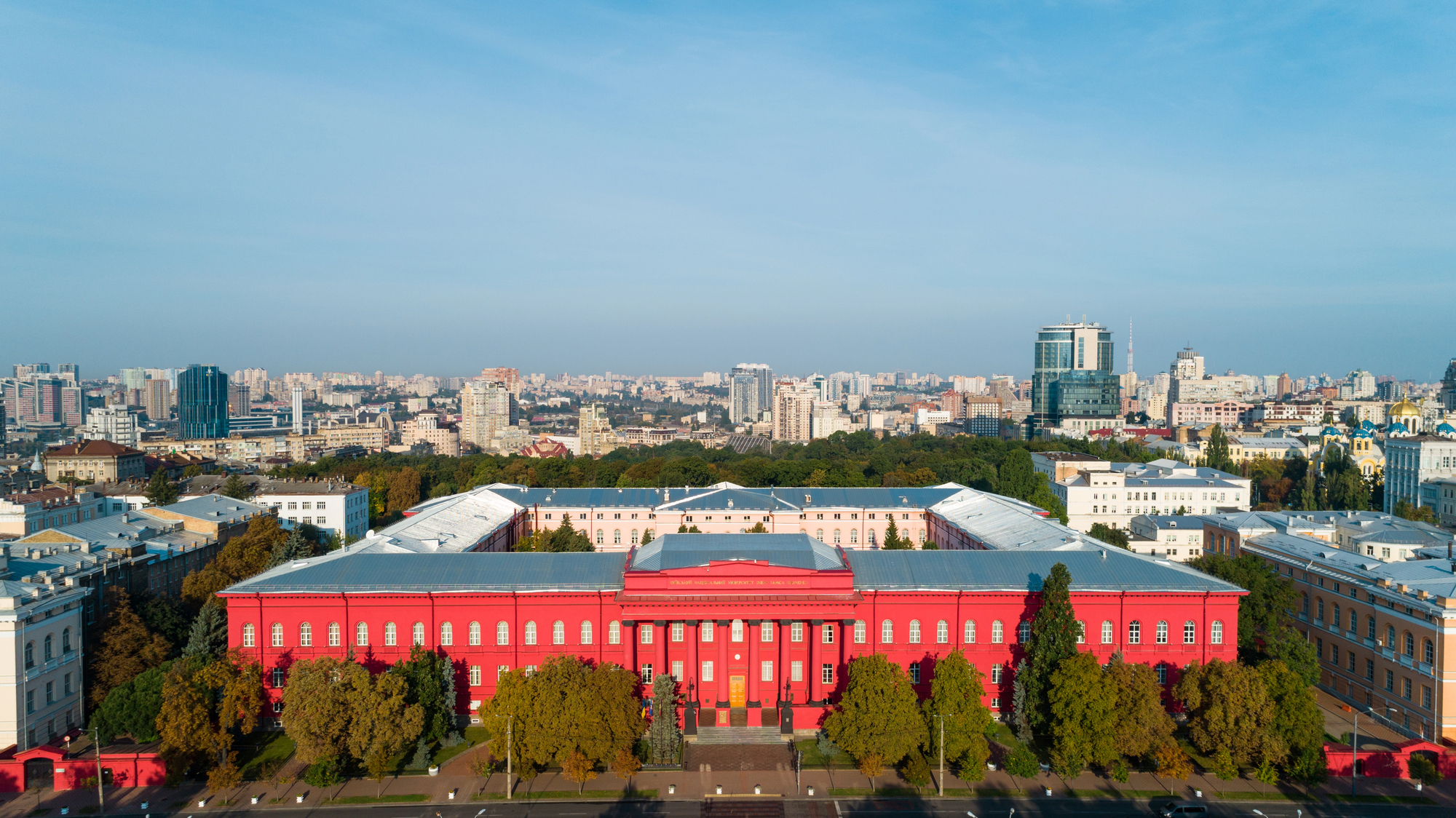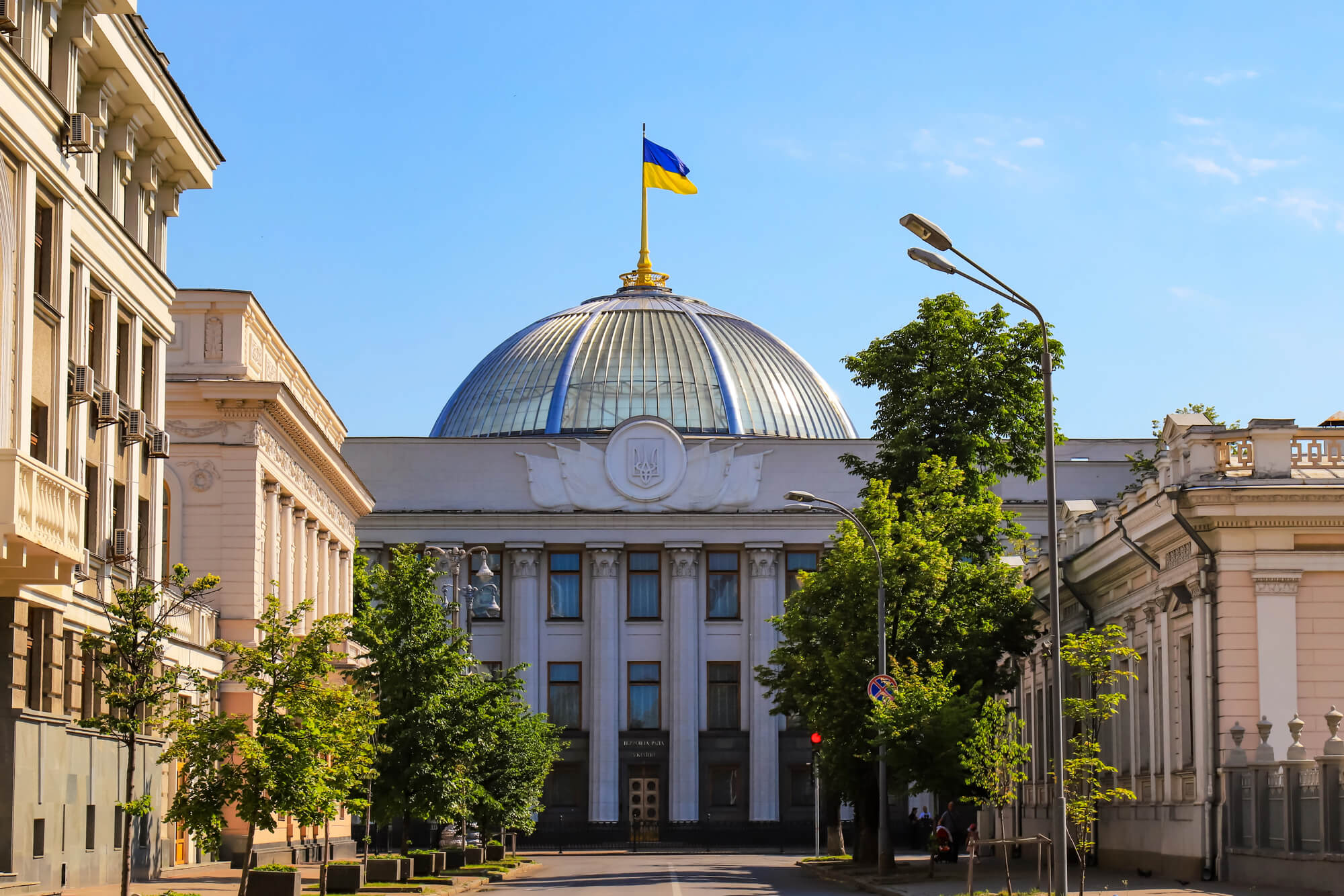Today, it is necessary to intensify implementation of Association Agreement with the EU. This will not only accelerate Ukraine’s membership but also facilitate the post-war reconstruction of Ukraine, especially via cooperation between Ukrainians and Europeans in different spheres.
EU granting Ukraine the candidate status on June 23, 2022 in the midst of war with the Russian Federation (RF) is unique from the political point of view in at least three aspects.
First, it provides both to the aggressor and to the entire world a clear signal: the EU is not afraid of convergence with Ukraine during the wartime as it believes in Ukraine’s capability to win over RF and preserve its foreign-policy course.
Second, granting the membership status to Ukraine and Moldova, and prospectively Georgia shows decisiveness of the EU to play a key geopolitical role in Western Europe despite the big war in Ukraine, frozen conflicts in Moldova and Georgia and nuclear blackmail by RF.
Thirdly, the decision of the Council of Europe provides new opportunities for Ukrainian diplomacy and civil society to lobby both for launching of membership negotiations and for new formats of Ukraine-EU rapprochement and forms of the Union assistance to Ukraine.
Very often one can run into an opinion that opening and the pace of negotiations will depend primarily on how and when the war ends. Certainly, a vigorous victory of Ukraine accompanied by restoration of Ukrainian territorial integrity (within the 1991 border) as well as the ultimate geopolitical defeat of RF will be advantageous for advocates of Ukraine in the EU.
However, continued implementation of the Association Agreement by Ukraine is nonetheless vital. In the following five statements we explain why and how the Agreement will remain central to the European integration agenda during the wartime and in the following reconstruction.
Statement 1. Continuing implementation of the Agreement is a “quality mark”
The capability of state institutions to fulfill their functions and implement EU legislation is one of the key criteria with which the states seeking EU membership need to comply. It is embedded in both Article 49 of the EU Treaty and in the widely known “Copenhagen criteria”.
Complexity and dynamic development of EU legislation (Acquis Communautaire) is one of the key reasons why the European Commission pays so much attention to the capacity of candidate countries’ institutions. Do authorities have enough expertise and resources to develop plans for the implementation of EU directives – legislative acts that establish just framework goals and principles in certain spheres, while the means of achieving them are determined by a member or candidate states? Are the ministries and administrations capable to follow changes in the EU legislation and adjust the implementation plans for the Association Agreement and the EU legislation in a timely manner? What is the progress in adoption of European integration laws by the parliament? Do the judges consider the EU Court of Justice practices in relevant cases? To provide a “yes” answer to these questions as well as necessary coordination within the government branches is not easy even in the peace time.
This is even more difficult in the wartime, when defense is the priority and financial, organizational and human resources are scarce. That is why the continuation of the AA implementation as planned during the wartime is not only about aligning legislation and progressing to membership, but also a sign of quality and sustainability of our institutions.
In its turn, partners’ confidence in our institutions and evidence of the capability of government agencies to cooperatively solve complex tasks is a serious argument in favour of starting the process of membership negotiations.
Statement 2. Reliable political and economic institutions are key to larger support from the European Union during the war and afterwar reconstruction
The European Commission believes that the process of Ukraine joining the European Union will be unique because it will combine membership negotiations, continuing reforms according to the Association Agreement and EU-Ukraine cooperation on reconstruction of destroyed infrastructure. Besides, the European Commission communique of May 18 2022, “Relief and recovery of Ukraine” suggests giving a part of EU recovery grants conditional on the progress in three widely defined reform areas: (1) further development of good governance and law enforcement institutions; (2) structural and regulatory reforms for deeper EU integration and (3) support of economic development, trade and private sector development. Thus, the more institutional reforms are implemented before the Ukraine reconstruction platform is launched, the quicker and easier the government will get access to the reconstruction funds.
At the same time, partners’ trust to Ukrainian government and public agencies will allow the government to get more assistance already during the wartime. Because the volume of international aid to a country depends not only on the political will and financial capacity of donors but also on the ability of the recipient country to effectively administer and use funds.
Statement 3. Implementation of the Association Agreement is the way to quickly go through the negotiation milestones
Along with the implementation of political and economic requirements, the negotiation process will have 33-35 chapters covering all the aspects of EU legislation: from lowering technical barriers to trade to education and culture. During the negotiations the sides preliminarily “close” certain chapters and clusters. After the preliminary “closure” of all the clusters there is one more round of comprehensive review of the candidate country alignment with all the rules in all the spheres. As a result of this review and addressing the European Commission comments all the chapters and clusters are finally “closed” and the treaty on the new country joining the EU is submitted to the EU parliament and to the member states for approval.
Ukraine’s commitment to align is legislation with the EU one cover all the chapters of the future negotiations. Certainly, the negotiation process will require some adjustment because the AA text was agreed upon over ten years ago, and not all the Annexes to the Association Agreement with the lists of the relevant legislation have been reviewed. However, the more we implement now, the easier it will be for the government to convince the EU Commission to “close” as many chapters as possible sooner rather than later. Ukraine’s progress in the AA implementation has already played a positive role in evaluation of Ukraine’s application and the questionnaire filled in by the government by the EU Commission. Without the questionnaire completed with a record speed we would not have the candidate status now.
Statement 4. Economic part of the Association Agreements is not only about free trade but also about business climate favourable for investors
What funds does the EU Commission have in mind when it announces large-scale plans of after-war Ukraine’s reconstruction? Certainly, this is the compensation of damage done by RF (including possible confiscation of frozen Russian assets) as well as grants and loans from the EU, its member states and partners (the US, Canada, Japan).
Private investment is very important too. However, its scale and dynamics will depend on Ukraine’s progress in AA implementation, especially of its economic chapters. Thus, within the framework of the study module INTEGRADE we pay particular attention to non-trade goals that are important for trade and investment. This is, for example, provision of legal certainty, i.e. transparent and clear “rules of the game” for running a business and protecting one’s rights in courts for both Ukrainian and foreign persons and legal entities.
Transparency is important for government actions too, notably actions related to state support of the industries that incurred severe losses during the war or to gradual lifting of technical barriers to trade. Besides, one of the comprehensive themes that covers the Association Agreement, membership negotiations and after-war reconstruction is environmental protection and minimization of the negative impact of economic activity on it. Implementation of environmental commitments, as well as of commitments in other spheres requires ratification and implementation of a large number of international legislations by Ukraine, including those related to environmental protection, trade facilitation and investor protection. This is one more argument to support the AA importance for reconstruction.
Statement 5. Association agreement is not just a document, it is a cooperation platform
AA implementation process and aligning Ukraine’s legislation to the EU law may seem like a lot of paperwork done by lawyers in their offices. But in reality – due to the ambitious changes in a broad range of spheres – the work on AA implementation urges Ukrainian and European colleagues to constantly communicate and to create stable cooperation channels. This multilevel communication occurs within institutional framework created by the AA: from clusters where sectoral experts communicate to annual high-level Ukraine-EU summits. Apart from that, Ukrainian diplomats, technical specialists, civil society leaders and their EU counterparts sometimes create informal communication networks on certain sectors or issues. A prominent example of this is the waste management reform, on which the specialists from the Ministry of Environment, reform support team, environmental NGOs and EU Delegation representatives have been working for a while.
Developed networks in different sectors were useful for the EU Commission in early days of the full-scale invasion as they helped to formulate ideas and priorities for Ukraine’s support. They will be useful also for reconstruction that will involve all the spheres of social life.
Thus, the war is not an excuse to slow down the EU integration since EU integration is one of the factors that helps our victory. It will also help reconstruction.
Attention
The author doesn`t work for, consult to, own shares in or receive funding from any company or organization that would benefit from this article, and have no relevant affiliations




